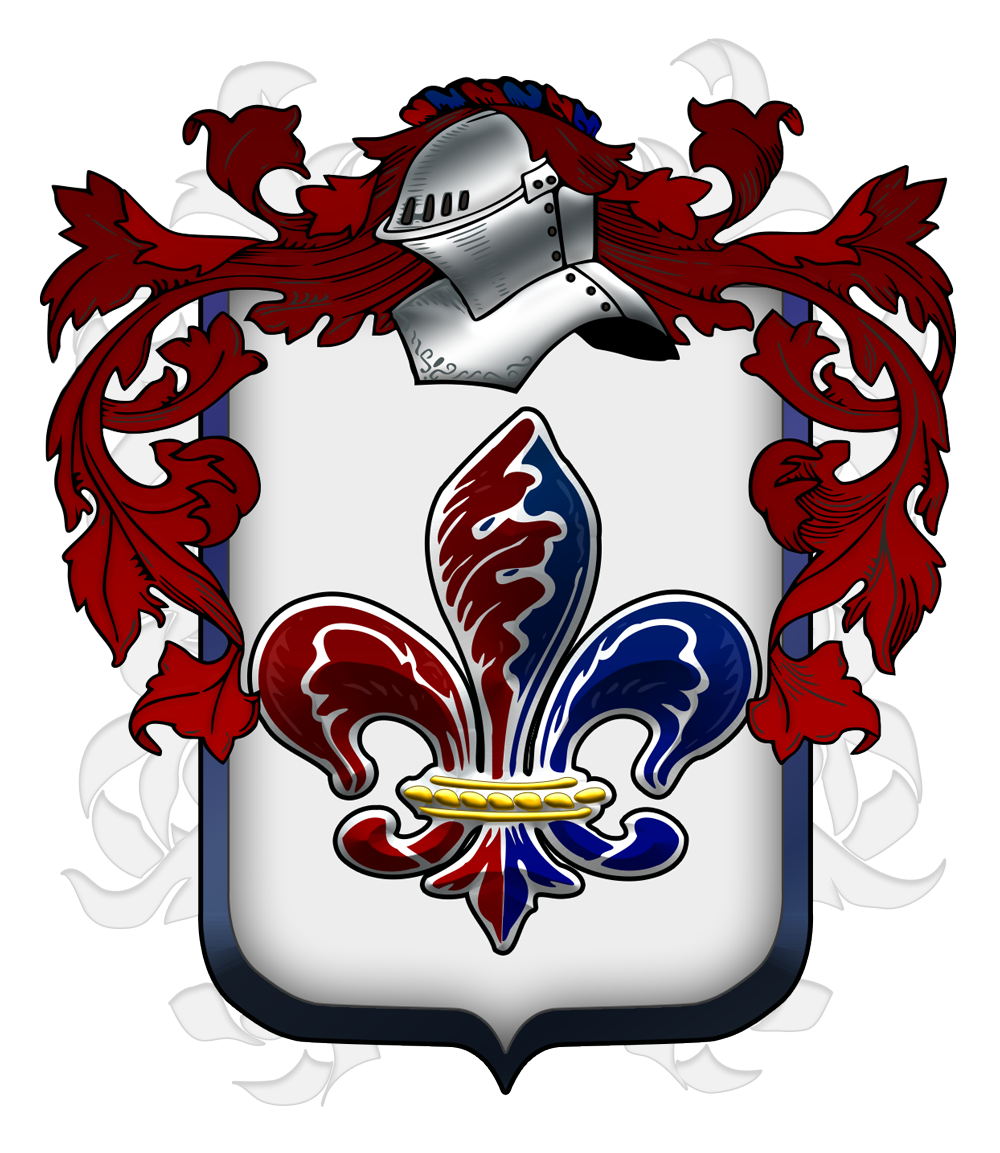12 May 1879 – 16 October 1946
Percy Bates was the second son of Edward Percy Bates and grandson of Sir Edward Bates, 1st Baronet and a Conservative Member of Parliament. He dedicated much of his life to ship-building and in his role as Chairman of the Cunard-White Star Lines in later life, his policies were credited with leading towards the construction of some of the most famous passenger ships in history, including the original Queen Mary I and Queen Elizabeth I vessels.
Percy was born in Wavertree, Liverpool in 1879 and was first apprenticed to William Johnston & Co, a Liverpool shipbuilder; later joining the family firm Edward Bates & Sons after the death of his father in 1899. He became 4th Baronet after his elder brother, Edward Bertram Bates, died of enteric fever in India in 1903 and in 1910, he took up a role as a director of Cunard. When the First World War broke out, his experience suited him for service in the Transport Department of the Admiralty and he later rose to become Director of Commercial Services with responsibility for shipping civilian supplies in the newly-formed Ministry of Shipping. He was knighted for his services in 1920.
Percy served as High Sheriff and Justice of the Peace in Cheshire. But it wasn’t all work: he was also interested in literature and was an occasional member of The Inklings, the Oxford literary society which boasted JRR Tolkien and CS Lewis amongst its membership.
His only son, Edward Percy Bates, served as a pilot officer in the RAF in WWII and was killed on New Year’s Day 1945 while flying over Germany. His war grave is in Reichswald Forest War Cemetery in Germany.
Sir Percy died a year later. After suffering a heart attack while in his office on 14 October 1946, he died at home on 16th October, the day he was supposed to have attended the launch and maiden voyage of his ship, The Queen Elizabeth. He is buried in Childwall Churchyard, Liverpool.
Louise McTigue is a freelance writer and researcher, writing on behalf of Sarsfield Memorials.




